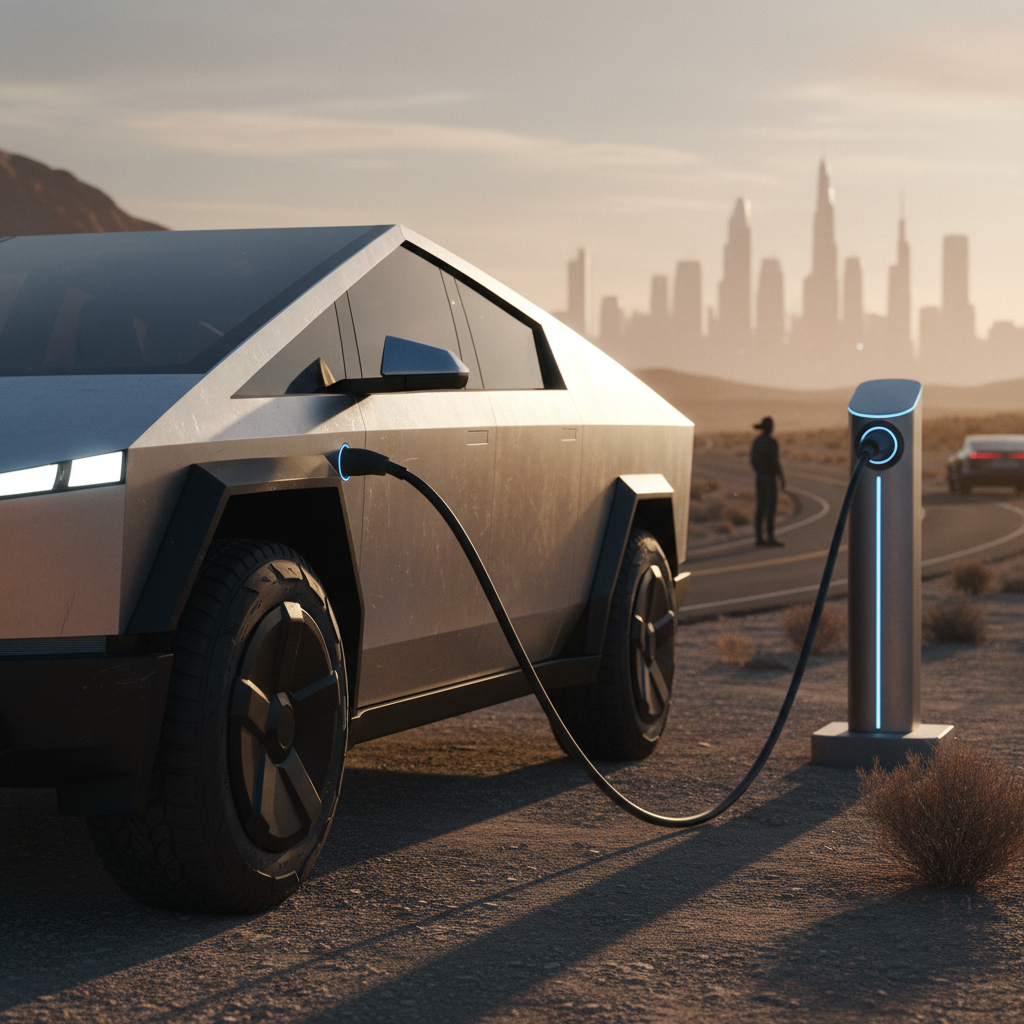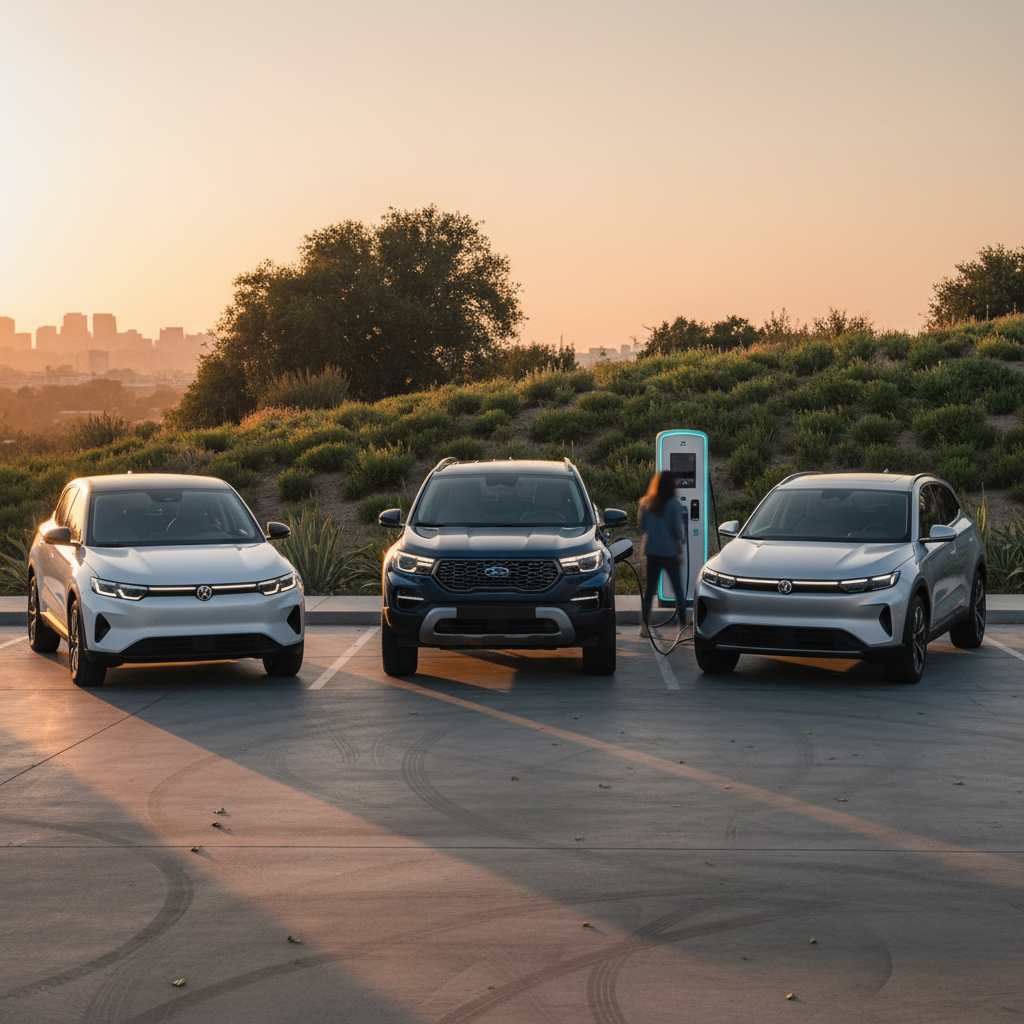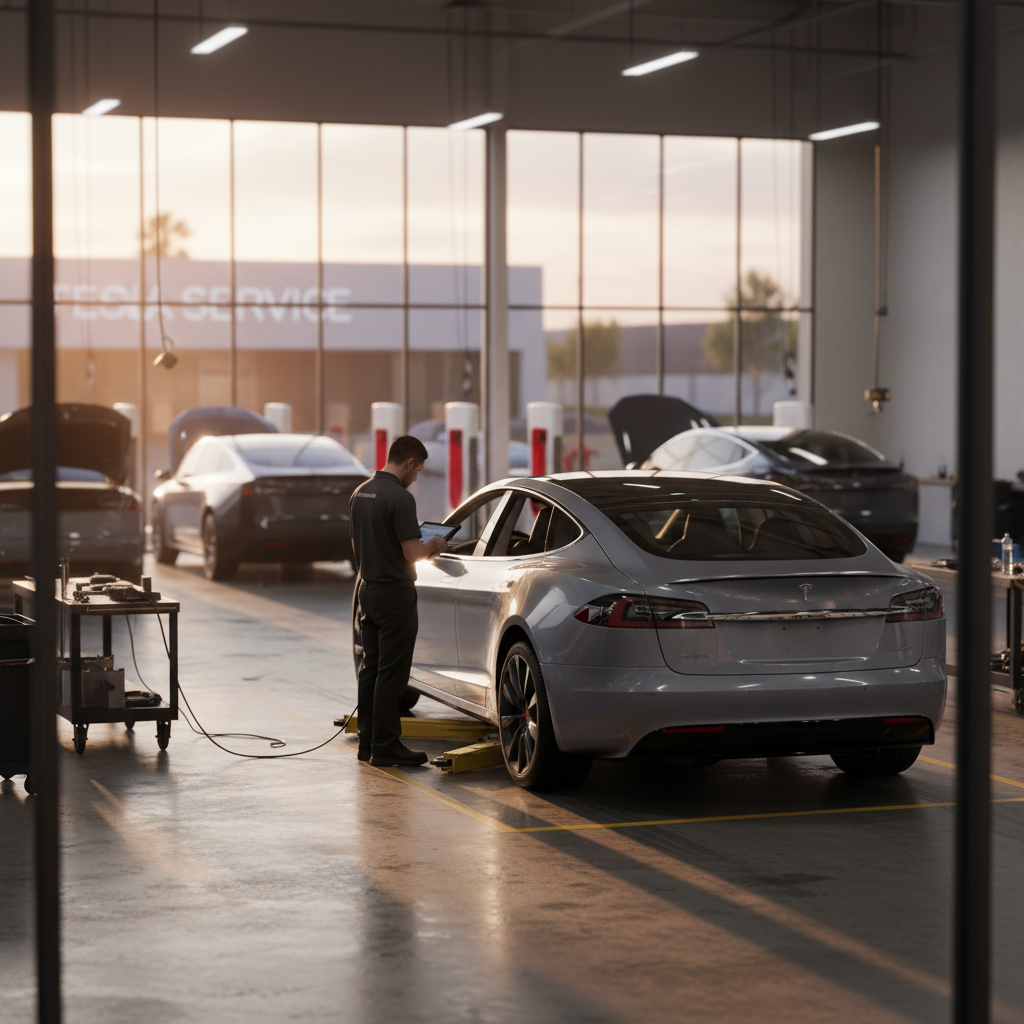You’re not alone if you’re wondering, “Is electric charging actually cheaper than gas?” With gas prices easing a bit in 2025 and electricity rates creeping up in some states, the answer isn’t as simple as it used to be. The good news: in most everyday scenarios, especially if you can charge at home, driving electric is still noticeably cheaper per mile than driving a comparable gas car. But there are exceptions you should understand before you buy your next vehicle.

Key takeaway up front
Short answer: When is EV charging cheaper than gas?
EV charging vs gas at a glance (2025 U.S. averages)
At today’s national averages, an EV charged mostly at home is still substantially cheaper to “fuel” than a similar gas car. Where things get fuzzy is when you rely heavily on higher-priced public DC fast chargers or live in a state with very expensive electricity and relatively cheap gasoline. In those edge cases, your fuel bill may be similar to, or occasionally higher than, a gas car.
When EV charging may NOT be cheaper
How the math works: Cost per mile, not per gallon
To compare electric charging vs gas, you have to convert both into a common unit: cost per mile. For a gasoline car:
- Find your average mpg (say 30 mpg).
- Use your local gas price (national average in late 2025 is around $3.10 per gallon).
- Cost per mile = $3.10 ÷ 30 mpg ≈ 10.3¢ per mile.
- Look up your car’s efficiency in kWh per 100 miles (many modern EVs fall near 27–32 kWh/100 mi; we’ll use 30).
- Use your electricity rate in $ per kWh (national residential average is roughly 17¢/kWh in 2025).
- Cost per mile = (30 kWh × $0.17) ÷ 100 ≈ 5.1¢ per mile.
Quick rule-of-thumb
Home charging vs gasoline: Typical 2025 U.S. costs
Example 1: Average U.S. driver with home charging
Assumptions:
- EV efficiency: 30 kWh/100 miles
- Electricity: 17¢/kWh (2025 U.S. residential average)
- Gas car: 30 mpg
- Gasoline: $3.10/gal
- Annual miles: 12,000
EV fuel cost:
30 kWh/100 mi × $0.17 = 5.1¢/mi
12,000 mi × $0.051 ≈ $612/year
Gas car fuel cost:
$3.10 ÷ 30 mpg ≈ 10.3¢/mi
12,000 mi × $0.103 ≈ $1,236/year
Result: The EV driver saves roughly $624 per year on fuel alone under average national conditions.
Drive more than 12,000 miles or charge at discounted off-peak rates and the savings grow. Drive less or own a very efficient hybrid and the gap narrows, but it rarely disappears entirely when you have access to reasonable home electricity prices.
Why home charging is the big unlock
Sample 2025 fuel cost comparison
Illustrative example using approximate national averages for electricity and gasoline. Your numbers will vary by state, utility, and vehicle.
| Vehicle type | Energy price assumption | Efficiency | Cost per mile | Annual fuel cost (12,000 mi) |
|---|---|---|---|---|
| EV (home charging) | $0.17/kWh | 30 kWh/100 mi | ≈ 5.1¢ | ≈ $612 |
| Gas car | $3.10/gal | 30 mpg | ≈ 10.3¢ | ≈ $1,236 |
| Efficient hybrid | $3.10/gal | 50 mpg | ≈ 6.2¢ | ≈ $744 |
Cost per mile and annual fuel cost for a typical EV versus gas car, assuming 12,000 miles per year.
State-by-state variations matter

Public fast charging vs gas: Where EVs lose the edge
Public Level 2 stations (the ones that add 20–40 miles per hour) are often reasonably priced, but DC fast chargers, the big highway units that can add 150–200 miles in under an hour, are where EV energy costs start to resemble gas.
How different charging options compare on cost
Rough 2025 U.S. pricing ranges for fuel only, not counting parking or idle fees.
Home Level 2
Typical price: 13–20¢/kWh
Often 6–12¢ overnight on time-of-use plans. Great for commuters and families with driveways or garages.
Public Level 2
Typical price: 20–35¢/kWh
Cost per mile is still usually below gas, but you’ll pay more than at home. Better for top-ups than full charges.
DC fast charging
Typical price: 35–55¢/kWh
Depending on your EV’s efficiency and local gas prices, your cost per mile can be comparable to, or higher than, a good hybrid.
Let’s take that same 30 kWh/100-mile EV and imagine you rely heavily on a DC fast-charging network at 45¢/kWh:
- 30 kWh × $0.45 ÷ 100 ≈ 13.5¢/mile
Don’t size your life around road-trip pricing

5 factors that change your actual cost per mile
- Your electricity rate: Time-of-use and EV-specific plans can dramatically cut costs if you charge overnight.
- Your EV’s efficiency: A small crossover might use 27 kWh/100 mi; a big performance SUV might push 40+. That’s a 50% swing in fuel cost.
- How much fast charging you use: A few long trips a year won’t move the needle much; relying on DC fast charging every week will.
- Climate and driving style: Cold weather, high speeds, heavy loads, and aggressive driving all raise kWh/100 mi and miles per gallon.
- Local gas prices: If gasoline spikes back to $4.00–$4.50/gal in your area while electricity stays flat, your EV savings grow quickly. If gas is unusually cheap, the gap narrows.
Think like a fleet manager
Used EVs: How charging costs fit into total ownership
If you’re shopping the used market, you’re probably weighing a pre-owned EV against a similar used gas vehicle. Fuel costs are only one part of that decision, but they’re a big one, particularly if you drive a lot.
Where used EVs often win on cost
Fuel is just one piece of the total cost-of-ownership puzzle.
Lower running costs
- Cheaper fuel per mile when home charging is available.
- Fewer moving parts than a gas engine, so no oil changes and less routine maintenance.
- Regenerative braking can extend brake life.
Battery health transparency
With a used EV, the big question is often battery life. Every vehicle listed through Recharged includes a Recharged Score battery health report, so you’re not guessing about range or longevity when you estimate your future fuel and charging costs.
Because EV fuel costs are both lower and more predictable, many used-EV buyers find that their monthly energy bills plus financing end up in the same ballpark, or lower, than what they were spending just on gas and repairs for their old vehicle. That’s especially true if you finance through an EV-focused marketplace like Recharged and spread out the cost of installing a home charger, if needed.
How to estimate your own EV cost per mile
DIY checklist: Compare your cost of charging vs gas in 10 minutes
1. Grab your current gas receipts
Look at your last few months of gas purchases. Note your average price per gallon and total miles driven (or use your car’s trip computer).
2. Calculate your gas cost per mile
Divide total dollars spent on gas by total miles driven over the same period. That’s your real-world cost per mile, not the brochure mpg.
3. Look up local electricity rates
Check your utility bill or website for your <strong>all-in residential rate</strong> (including delivery and fees), ideally in cents per kWh. If available, also note any off-peak or EV-specific rates.
4. Find the EV’s efficiency
Look at the EPA label or manufacturer specs for the EV you’re considering. Note the kWh/100 miles figure, preferably for combined city/highway driving.
5. Run the EV cost-per-mile math
Multiply kWh/100 miles by your rate per kWh, then divide by 100. Repeat with off-peak rates if you could use them. That’s your expected EV fuel cost per mile.
6. Adjust for your charging mix
Estimate what share of your charging would be at home vs public Level 2 vs DC fast charging. Weight your cost-per-mile numbers accordingly to reflect your real-life blend.
Prefer a shortcut?
Practical tips to keep EV charging cheaper than gas
- Charge at home whenever possible. Even a basic Level 2 unit in your garage or driveway can lock in low overnight rates and minimize reliance on expensive fast chargers.
- Ask your utility about EV or time-of-use plans. Many utilities offer substantial discounts for charging between roughly 11 p.m. and 6 a.m. That can cut your cost per mile by one-third or more.
- Right-size your EV. A compact crossover or sedan with good efficiency will cost noticeably less per mile to run than a heavy performance SUV with huge wheels and tires.
- Plan fast-charging stops strategically. On road trips, compare networks and pricing ahead of time, just like you might compare gas stations. Some memberships or subscriptions lower rates at specific networks.
- Watch idle and parking fees. Some stations add costs if your car sits fully charged but still plugged in. Moving promptly when you’re done keeps your average cost per mile lower.
- Buy used with transparent battery health. A used EV with a strong battery report from a trusted source like Recharged can deliver low fuel costs without the new-car price tag.
How Recharged can help
FAQ: Is electric charging really cheaper than gas?
Common questions about EV charging vs gas costs
Bottom line: Is electric charging cheaper than gas in 2025?
When you cut through the noise, the story in 2025 is fairly straightforward: if you can charge at home, electric driving is usually meaningfully cheaper per mile than gasoline. For a typical U.S. driver, that can translate into hundreds of dollars in annual savings, on top of simpler maintenance and a quieter, smoother driving experience.
If you’ll depend heavily on public DC fast charging, the math gets closer, and in some regions a thrifty hybrid can match or beat your fuel cost per mile. That’s why understanding your local prices, your driving pattern, and your access to home charging is critical before you choose your next vehicle.
If you’re exploring a used EV, Recharged can help you connect the dots. Every vehicle comes with a Recharged Score battery health report, fair-market pricing, and EV-specialist guidance so you can see how fuel, charging, and maintenance will actually affect your monthly budget. Run the numbers carefully, compare them with your current gas spending, and you’ll have a clear answer to whether electric charging is cheaper than gas, for you.



